Why we still need the Voting Rights Act
The Washington Post

This week the Supreme Court will hear one of the most important cases in our generation, Shelby County v. Holder. At issue is Section 5 of the Voting Rights Act, which requires all or parts of 16 “covered” states with long histories and contemporary records of voting discrimination to seek approval from the federal government for voting changes.



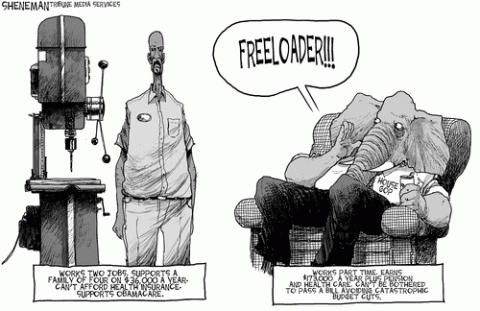
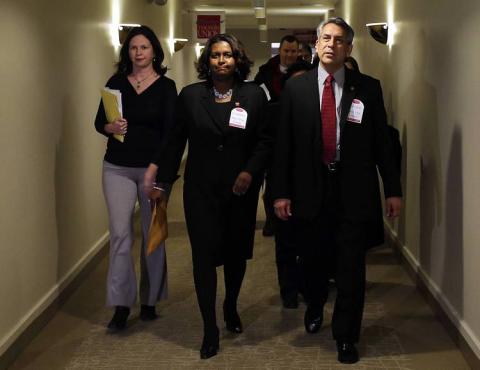
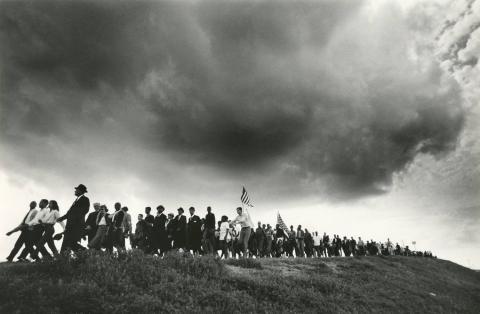
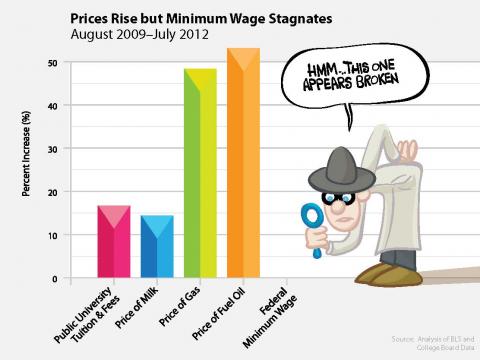
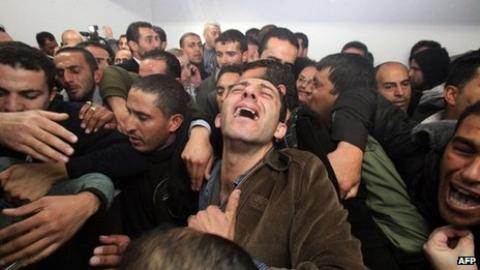

Spread the word